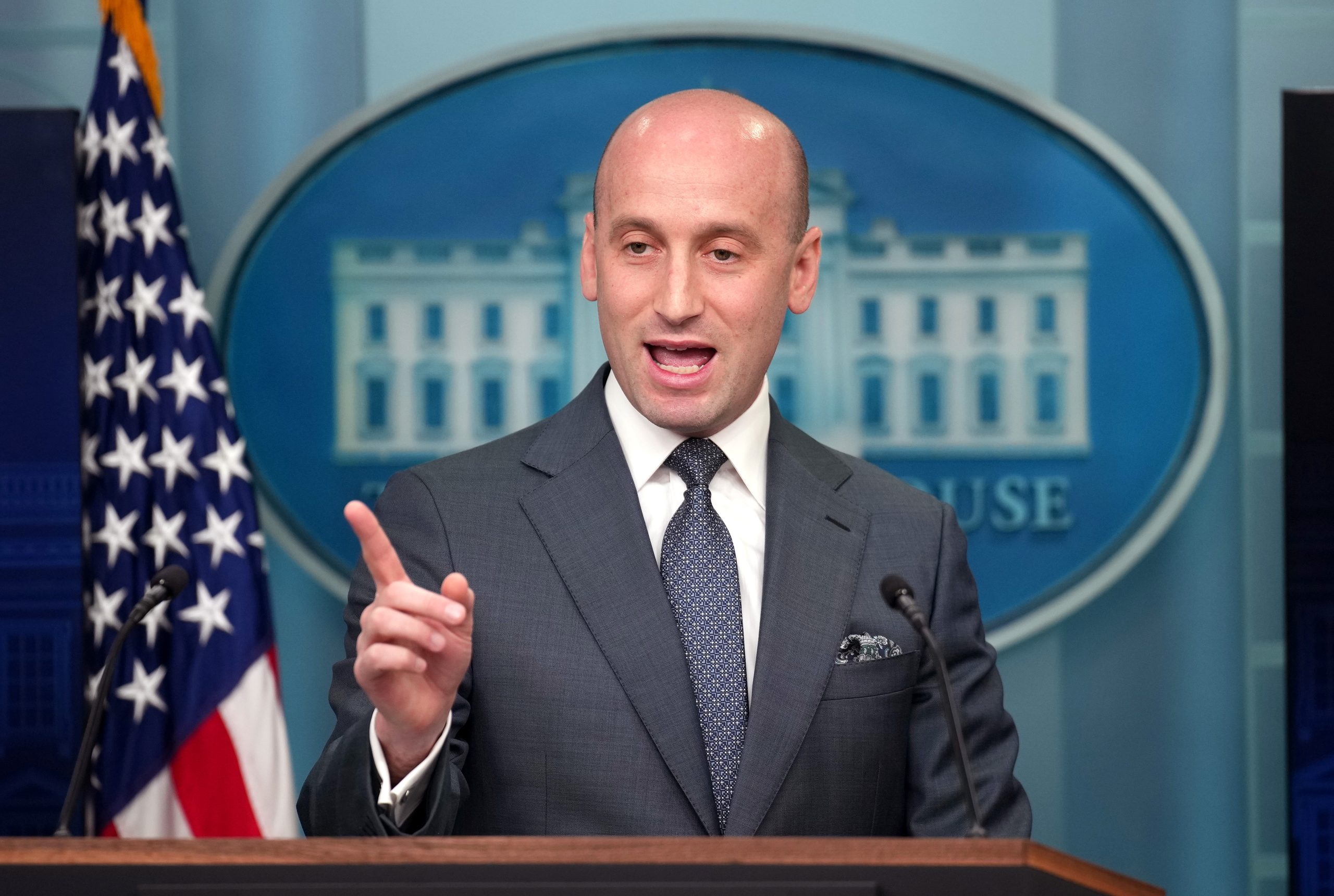**Miller’s Immigration Policies: A Counterproductive Strategy?**
Stephen Miller, a prominent figure in the Trump administration, is often portrayed as the architect of its hardline immigration policies. While his influence is undeniable, a closer examination suggests his unwavering focus on deportations may be inadvertently undermining President Trump’s broader goal of consolidating power. This counterintuitive outcome raises questions about the effectiveness of the administration’s approach and its long-term consequences. The narrative of Miller as a purely effective power broker needs a critical reassessment.
**The Militarization of Washington D.C.: A Case Study**
One stark example of this potential counterproductivity is the Trump administration’s highly visible militarization of Washington D.C. While ostensibly intended to project strength and control, particularly in the face of widespread dissent, the deployment of military personnel has arguably had the opposite effect. Instead of suppressing protests, it has galvanized further opposition, generating significant negative media coverage and fueling public anger. The resulting widespread condemnation has likely eroded public trust in the administration, directly contradicting Trump’s stated aims. This situation exemplifies a key issue: the potential disconnect between Miller’s hardline approach and the administration’s overall strategic objectives.
**Beyond Washington: A Broader Trend of Backlash?**
The apparent ineffectiveness of the militarized response in Washington is not an isolated incident. Miller’s aggressive immigration policies, characterized by mass deportations and increased border security, have consistently faced strong public and legal opposition. These policies, while aligning with a core element of Trump’s populist platform, have also triggered widespread protests and legal challenges, further destabilizing the political climate. The resulting polarization and social unrest arguably weaken, rather than strengthen, the administration’s grip on power. While intended to project an image of strength and control, the aggressive tactics have instead fueled resistance and division, potentially eroding Trump’s base of support in the long run. This suggests that the pursuit of short-term, hardline gains might be undermining long-term strategic goals.
**Conclusion: A Strategic Re-Evaluation Needed**
The evidence suggests a critical reassessment is needed regarding the effectiveness of Stephen Miller’s hardline approach. While his policies may resonate with a segment of the population, their unintended consequences – including increased public resistance and political instability – raise serious questions about their overall efficacy. The militarization of Washington D.C., coupled with the broader backlash against aggressive immigration policies, serves as a compelling case study illustrating how a seemingly strong-handed approach can inadvertently weaken the very power it seeks to consolidate. The long-term impact of these policies, and their contribution to political polarization, remains a significant concern for the stability of the nation. Moving forward, the administration should consider the potential for counterproductive outcomes when implementing its policies, shifting towards strategies that prioritize long-term stability and public trust.
Based on materials: Vox





